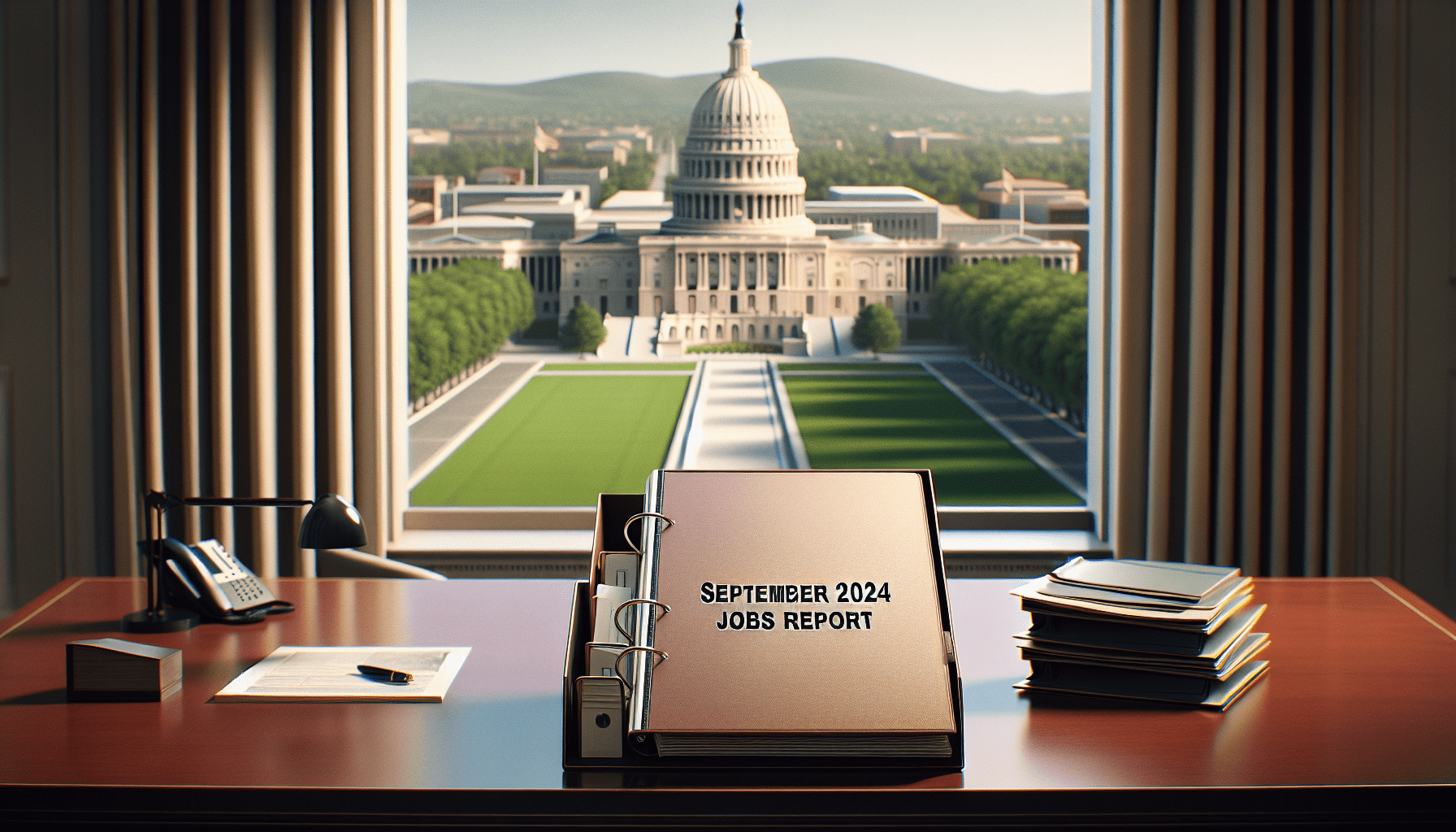Mark Zuckerberg 2.0: Superficial Makeover or Profound Change of Heart?
The billionaire CEO of Meta Platforms is shedding his dour image. We ask why.

Call it Zuckerberg 2.0, the Zuckanissance, Zuck’s rebranding or Mark’s rebirth. Whatever name you apply, there’s no denying Mark Zuckerberg, the billionaire CEO of Facebook parent Meta Platforms (META), has undergone a makeover since the end of the pandemic.
For years, the formerly drab, robotic young exec had come across as a space alien who fell to Earth. But whatever planet he was from, he was noted for his uniform of hoodies and gray T-shirts. The sameness provided efficiency because he didn’t need to make decisions about what to wear that day.
“I really want to clear my life so that I have to make as few decisions as possible,” Zuckerberg said in a 2014 interview. “I feel like I’m not doing my job if I spend any of my energy on things that are silly or frivolous.”
That cold quest for productivity at any cost has now receded into the past. These days, Zuckerberg is likely to show up in colorfully patterned embroidered shirts, gold chains hanging from his neck and a swath of rawhide draped across his shoulders. Any cowboy alive would covet his shearling jacket.
He’s also ditched the short, combed-forward haircut that looked like an homage to the coifs ancient Rome. He’s replaced it with a more flattering full head of curls, their ringlets reaching in random directions.
But the new hairstyle might not signal his rejection all things ancient. He’s reaffirmed his affinity for antiquity with the slogans emblazoned on the baggy black T-shirts he favors these days.
The Guardian newspaper listed and analyzed the sayings on the shirts this way: “‘Aut Zuck aut nihil’ is a play on ‘either a Caesar or nothing,’ ‘Pathei Mathos’ is Greek for ‘learning through suffering’—a favorite Zuckerberg family mantra—while the Latin ‘Carthago delenda est’ translates as “Carthage must be destroyed,” a quote Zuckerberg [has] used during staff meetings.”
Just as an aside, we’d note Zuckerberg’s fascination with Rome isn’t anything new. In 2012, his wife, pediatrician Priscilla Chan, joked that on their honeymoon in the Italian capital he shot so many photos of Emperor Ceasar Augustus statues that she felt like three people were on the trip.
But back onto the subject: The hype surrounding Zuckerberg 2.0 seems newfound and doesn’t end with flashier clothes or with an unusual fascination with the glory of Greece and Rome. He’s also pulling off some notable stunts.
Pointedly quirky actions
Zuckerberg is seeking publicity these days for embracing the unusual. Take the example of posting a video on Facebook that shows him surfing while wearing a tuxedo and carrying an American flag. Did that have anything to do with patriotism or cool? We’re not sure.
Then there was the 7-foot-tall blue statue he commissioned to honor Chan. In an Instagram post he called it “bringing back the Roman tradition of making sculptures of your wife.” People magazine pronounced him “the ultimate wife guy.”
Still, Zuckerberg wasn’t finished with his tributes to his spouse. He worked with musician T-Pain on a recording of Get Low, a song by the rappers Lil Jon and the East Side Boyz. It supposedly commemorated the couple’s “dating anniversary” as the moment they met at a Harvard University party.
These (mis)adventures might be just a matter of a still-youngish self-made billionaire indulging his whims, interests and fantasies. Or they could be playful reactions to an early midlife crisis.
But at least some observers view the antics and new sense of fashion as part of a public-relations scheme to make the sometimes-wooden 40-year-old Zuckerberg relatable to his fellow millennials, the generation now 28 to 43.
That could have commercial advantages for Meta Platforms. It only makes sense to try to reshape him into someone with whom his peers can identify. Zuckerberg once admitted he never tried to be cool, but he’s also declared himself the most famous person of his generation.
The escapades and the visual makeover could also be an intentional distraction. By making his private life more public, Zuckerberg can focus the public conversation on himself instead of the problems, accusations and bad blood that has plagued Facebook and Meta from the very beginning.
A troubled and troubling history
Facebook was born at Harvard a little more than two decades ago amid controversy and conflict. Zuckerberg wrote the coding while two other students handled graphics and the business angle.
But the Winklevoss twins, Cameron and Tyler, claimed Zuckerberg stole the idea from them, initiating a long history of complaints and scandal. The twins eventually settled for a reported $65 million in cash and some Facebook stock.
Perhaps the biggest jolt to the company came with the Cambridge Analytica scandal. Facebook secretly furnished the personal data of tens of millions of Americans to that company to try to influence their voting in the 2016 presidential election. By 2018, the fallout had cost Facebook $100 million in market capitalization, according to the MIT Technology Review.
Other alleged misdeeds have included failing to act in 2017 when the Myanmar military used Meta platforms to spread misinformation that contributed to atrocities against the Rohingya people, Amnesty International has maintained.
And still the travails continue. Last year, the attorneys general of 42 states sued Meta for allegedly causing long-lasting psychological damage to children through exploitative features on Instagram and Facebook.
“The lawsuits claim that Meta was motivated to keep children hooked in order to boost profits and allege that Meta routinely collects data on children under 13 without their parents’ consent, in violation of federal law,” said a CBS News report on the suit.
Last month, a judge ruled a Federal Trade Commission antitrust lawsuit against Meta could continue. The FTC was hoping to force a breakup of the company because of its supposedly dominant position in social media.
But the public’s collective memory is short, and Zuckerberg is now joining the ranks of tech bros courting favor with the incoming Trump administration. Trump and Zuckerberg have apparently set aside their differences and are dining together these days at Mar-a-Lago. No doubt, they’re discussing the future of tech in America.
Ed McKinley is Luckbox editor-in-chief.



















